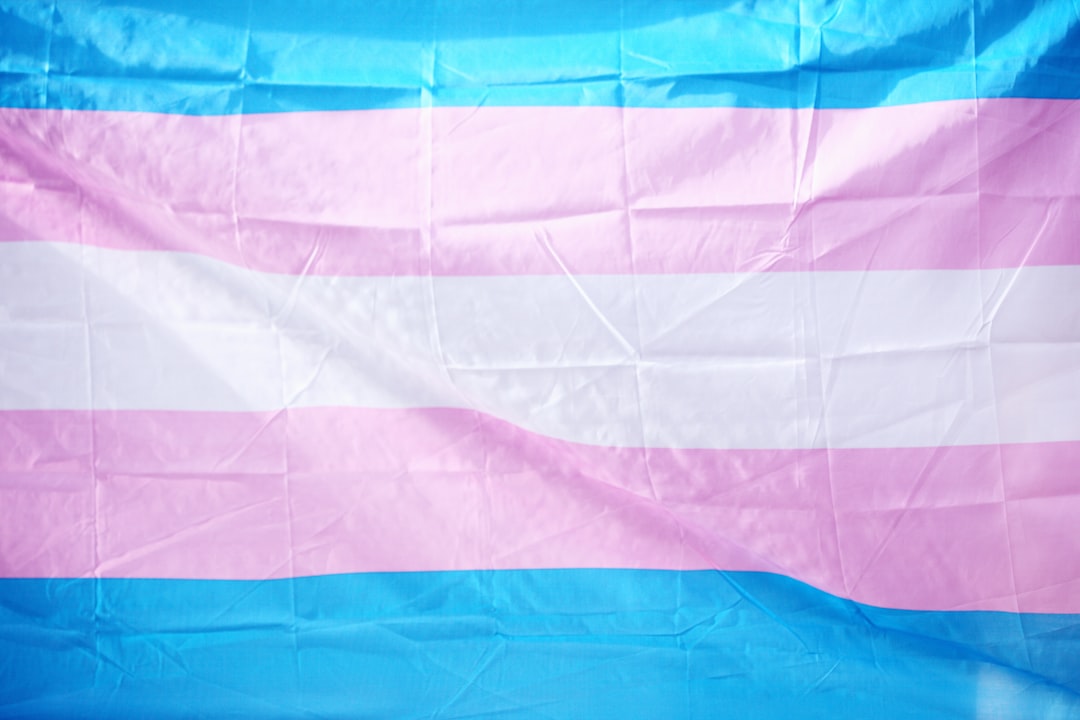What is it about?
The present study sought to determine the extent to which participation in a postsecondary honors program affected academic achievement. Archival data were collected on three cohorts of high-achieving students at a large public university. Propensity scores were calculated on factors predicting participation in honors and used as the covariate. The Johnson–Neyman technique was used to determine the values of the covariate on which the groups differed. The effect of participating in honors was greater for smaller propensity scores. The findings offer a positive outcome associated with participation for students at the lower end of the propensity score continuum, providing evidence to conclude that such programs are beneficial to a subset of high-achieving students.
Featured Image
Why is it important?
This study supports a functional (i.e., "causal") relationship between participation in post-secondary honors and academic achievement for some high-ability students.
Perspectives
Post-secondary administrators may find this study useful for determining if an honors program or college is suitable for their respective institution.
Dr Scott R. Furtwengler
University of Houston
Read the Original
This page is a summary of: Effects of Participation in a Post-Secondary Honors Program With Covariate Adjustment Using Propensity Score, Journal of Advanced Academics, September 2015, SAGE Publications,
DOI: 10.1177/1932202x15603365.
You can read the full text:
Contributors
The following have contributed to this page










